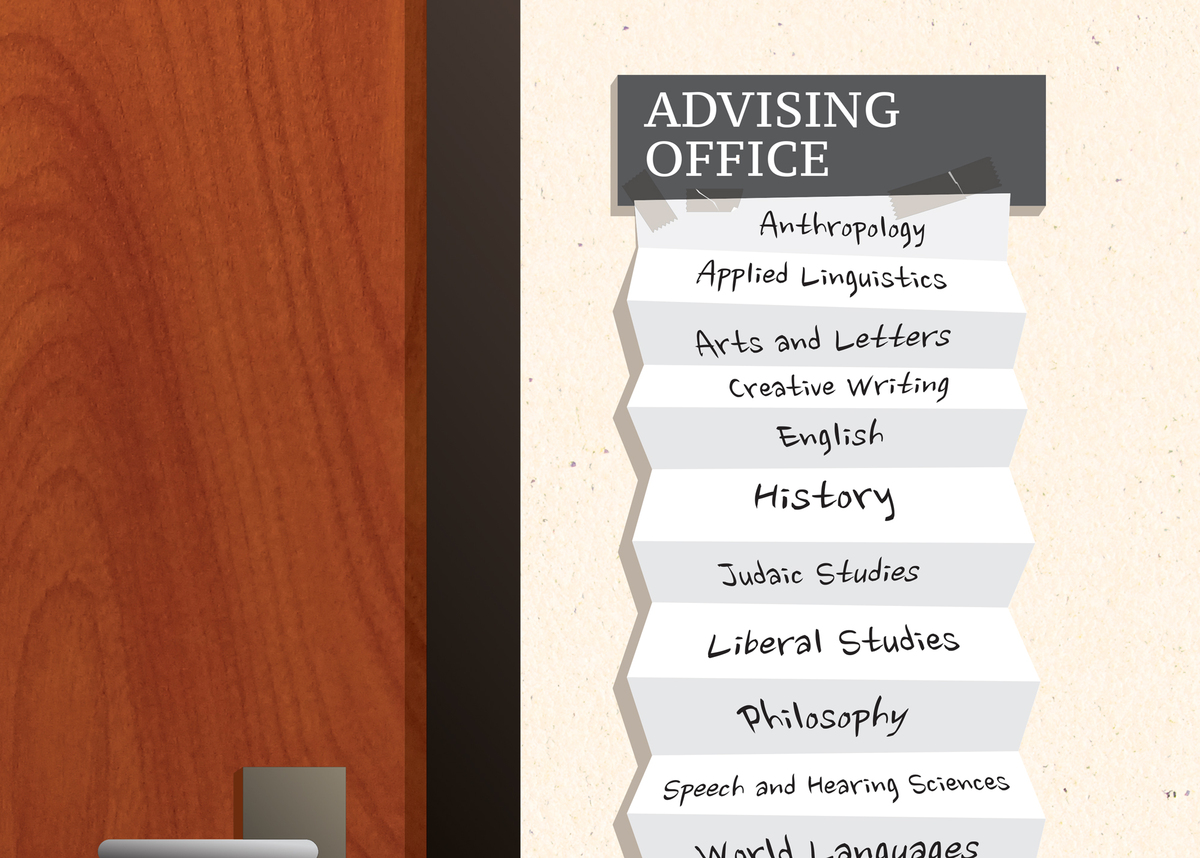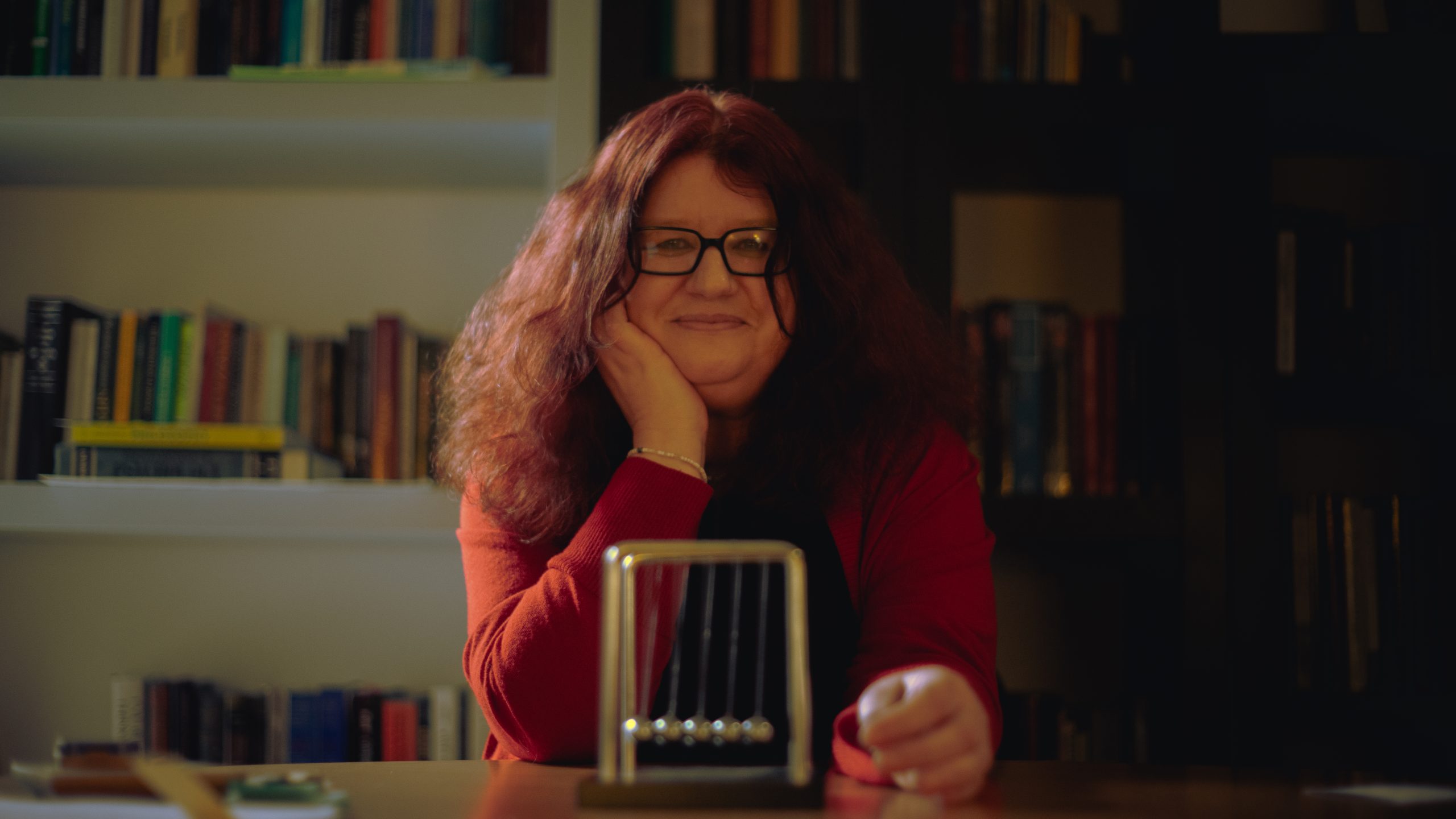Portland State department chairs are concerned the quality of student advising could diminish under changes to the pathway system.
Department chairs from the language, culture and meaning student advising pathway have expressed concerns over issues with advising changes regarding the lack of input the faculty feels they were given, additional faculty duties and how these changes will negatively affect students by limiting the information advisors have.
The new model
In 2015 the Academic Leadership Team—a combination of deans and provosts—gave a redesign team the task of changing the advising model at PSU. Over the last 10 months, the redesign team worked out a model for what they thought an advising system should look like.
One recommendation took the form of academic pathways. Seven total pathways group together similar majors to help students keep the same advisor instead of having to move to someone new if they choose a new major.
Another recommendation assigned advisors based on a pathway’s enrollment numbers to try and create equity in the number of caseloads advisors will have, but the real benefit was aimed at allowing students to stay with their same advisor, according to Danny Ryel, a member of the redesign team and the executive assistant for advising and career services.
The redesign team presented their recommendations after multiple sessions of student and faculty questions. “Those recommendations were then approved in December 2016 by then PSU Provost Sona Andrews after being presented to the public as well as discussed, but not voted on by the faculty senate,” said Carla Harcleroad, associate vice president for advising and career services.
The implementation phase of this new advising model started in January 2017.
“One of the things we needed to do was to figure out how to assign case loads on each of the [advising pathway] teams,” Harcleroad said. “Many teams in 2017–2018 chose to have models where all advisors on a team were able to advise for all majors in that pathway.”
Harcleroad said the reasoning behind this was to ensure equitable caseloads and to prevent students from facing the issue of an advisor being away when they were needed.
“Spotting the enrollment changes and other things coming, I knew it was necessary to broaden [the advisors’] knowledge base and create additional capacity to serve students,” Harcleroad said.
Harcleroad also noted that while these changes will expand the breadth of knowledge required for advisors to be familiar with their responsibilities their positions will not change.
According to Ryel, previous systems would require students to change their advisor based on the curriculum they were taking. If an environmental science major switched to biology, the student also needed to switch advisors. In the academic pathway system, a student can maintain the same advisor or connect with another as long as they are in the same academic pathway.
Ryel also noted on the wide array of backgrounds students bring to advising meetings: “If I am veteran and I have this very particular situation where I need to finish my courses within this amount of time in a certain way and I have to re-explain that every time, it can be aggravating.”
The concerns
Faculty concerns over these proposed changes came in multiple forms.
In an email correspondence, Bishupal Limbu, associate professor of English, shared a few of the English department’s concerns with Harcleroad about the proposed changes to the language, culture and meaning pathway. According to Limbu, the department worries these changes “will be less effective in delivering the advising that our students need.”
“The pathway that our majors are in [is] being changed to a generalist model where all the advisors in that pathway will advise for every major in that pathway,” said Paul Collins, English department chair. “So [the advisors] are going to have to familiarize themselves with all of them because they’re likely to get students from any of those [majors].”
The language, culture and meaning pathway contains 18 curriculum majors in total.
“The concerns the department has about this are two-fold,” Collins said. “One is that it does water down the expertise. It makes it less likely that any one advisor that the student is talking to is going to be particularly familiar with the departments curriculum, its course offerings, the field itself. The other is the presumption…that faculty will therefore pick up a lot of this kind of advising.”
Collins said specialized functions of advisors include: “evaluating transfer credit, evaluating study abroad [credit], giving more specific information regarding the major itself.”
“It’s dispersing a certain amount of expertise when you push it out to faculty in that way,” Collins said. “Faculty are not trained to be advisors on undergrad, which is not to say they can’t do it. Expertise in explicating Chaucer is not the same thing as expertise in understanding veterans’ benefits and issues around transfers.”
Collins also noted that department faculty and department chairs were not consulted in regards to these changes. “The chairs, as far as I understand and as with the case of feedback that various chairs were given, were not apprised beforehand. That has not been my experience in the past. I was surprised by both the decision itself and the way it was rolled out.”
Alongside concerns, Collins also acknowledged some of the benefits to expanding advisors capacity as well.
“Part of the argument given for [the advising model] was this was already used elsewhere in the university and that it would create less dependence on any one advisor. If your particular specialist in a field was out it would cause an issue. It also would reduce wait times for students. You would not have to wait for that one person to get an opening in their schedule, you could just go to whoever is available next.”
Collins was not the only department chair to voice their concern. Dr. Gina Greco, chair of the world languages and literature department, also spoke to the issues that could arise from this change.
“The changes that are coming about right now, to which I object, are just in my pathway,” Greco said. “I believe our pathway has been asked to do it now because there was a change [happening] anyway.”
Greco mentioned this change was to fix an imbalance in caseload between different pathway advisors.
With Greco being in the same pathway as Collins, the concerns were raised again that specialty advisors will lose their ability to help students effectively with the increased breadth of majors they advise for.
“I absolutely agree with equity for the advisors,” Greco said. “I think it is important that they have similar caseloads and sometimes that can mean shifting people around and I understand that.”
While equitable distribution of caseloads are the goal, Greco still wants the department to have specialty advisors saying that the advice they provide is helpful to students.
Tyler Matievich, a veteran and senior at PSU, also commented on his advising experience. “I transferred to PSU as a communications major and really liked my [advisor]. She helped me a lot. I switched my major to social science but kept my [advisor] and she has helped me just the same through this whole process.”
Matievich said he has maintained the same advisor for all five terms he has attended PSU. “Building rapport with one person helped me way more than maybe bouncing around to other counselors to handle specific subjects. I would prefer the one [advisor].
What’s to come
Originally meant to be implemented this February, the changes to advising in the language, culture and meaning pathway were pushed back to spring. When asked about why the date for the proposed changes were pushed back from February, Harcleroad was unable to give an exact reason.
“In any kind of administrative role there are going to be certain pieces of information you are privileged to have because people have shared that information with you about their plans, intentions or needs that I can’t share,” Harcleroad said. “It’s confidential based on the needs of teams. I thought it was important to move towards [the change] as quickly as possible in order to make sure we meet student needs no matter what happens.”
Harcleroad went on to discuss some of the pathway team’s other motivations, saying the feedback was centered around students and how to best aid them but also saying she was surprised by the concerns.
“[With] the decision-making process about how advising is going to function, there was so much engagement and opportunities to engage back in 2015–2016 about how [the advising system] was going to work and move forward.”
Steps have been made to find a compromise between pathway team members and the proposed advisor changes.
“The [college of liberal arts and science], dean’s office and I, as well as the implementation team, we’re meeting with departments in [the language, culture and meaning pathway] and tackling through their questions, their concerns and trying to find how we can best address those,” Harcleroad said. “We’ve had a couple meetings already and we have four additional meetings coming up.”
Harcleroad also noted that these discussions will be ongoing to try and find equilibrium and according to Harcleroad “to figure out how to work together so things get done and done well.”






